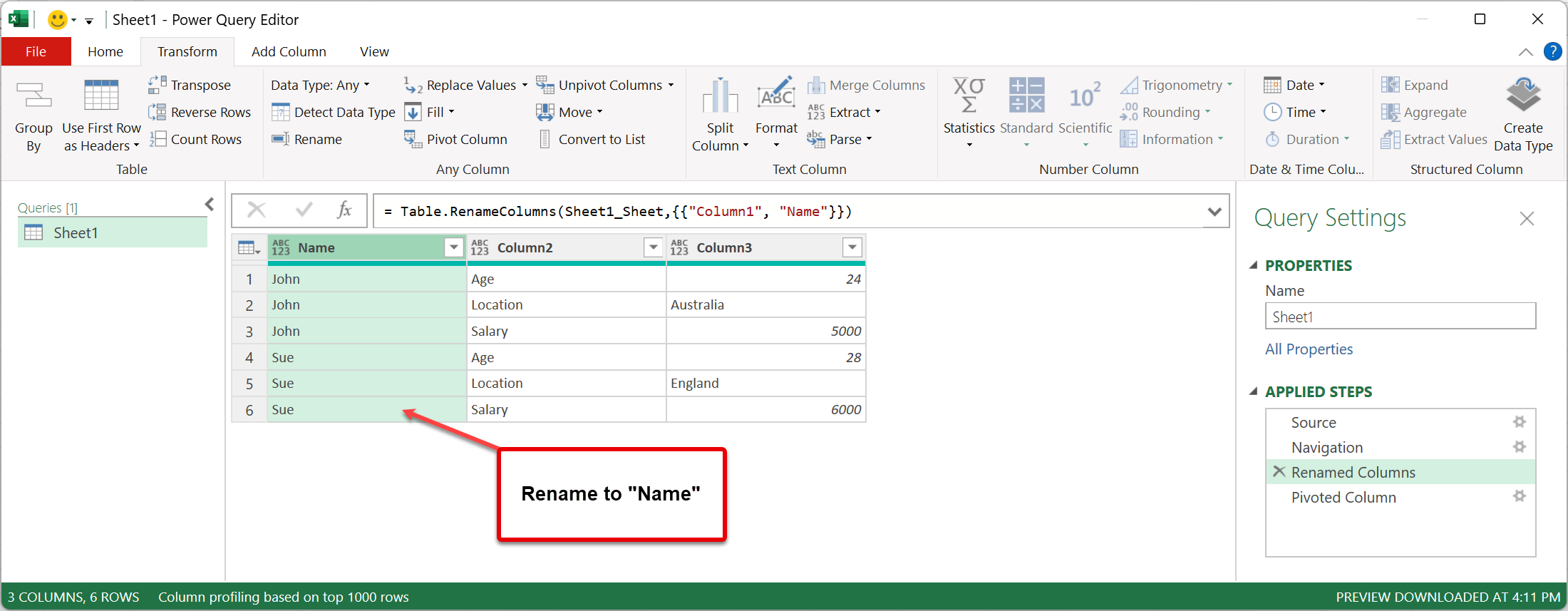How Long Should You Keep Important Paperwork?

In today's digital age, where almost everything is becoming increasingly paperless, many of us still find ourselves surrounded by stacks of paper documents. From tax records to medical bills, and utility receipts to insurance policies, the question of how long to keep paperwork can be overwhelming. This blog post aims to guide you through the maze of retention policies for various documents, ensuring you retain what you need while decluttering your space.
Why You Should Organize Your Paperwork

Organizing your paperwork can be beneficial in numerous ways:
- Legal Obligations: Certain documents must be kept to comply with legal requirements.
- Financial Health: Retaining financial records aids in budgeting, financial planning, and tax preparation.
- Personal Security: Important documents protect your identity and personal rights.
- Family Protection: Keeping legal and financial records can be crucial in situations where your family might need access to your paperwork.
Key Documents and Their Retention Periods

⚠️ Note: Always check local laws or consult a professional for precise retention periods.
Financial Documents

| Document | Retention Period |
|---|---|
| Tax Returns | Indefinitely |
| Tax Supporting Documents | 3 to 7 years |
| Bank Statements | At least 1 year, longer for tax support |
| Investment Records | 6 years after selling or indefinite for tracking |
| Credit Card Statements | 1 to 7 years |
| Receipts | 1 year (if item is under warranty); indefinitely for home improvements |

💡 Note: For major home improvements, retain receipts for tax purposes and increased property value.
Insurance Documents

- Life Insurance Policies: While active or until all claims are settled.
- Health Insurance Documents: 1 to 7 years, depending on policy requirements.
- Home and Auto Insurance: As long as you own the asset.
- Claim Records: Indefinitely; useful for future reference.
Legal Documents

- Wills, Trusts, and Power of Attorney: Indefinitely
- Birth, Marriage, and Death Certificates: Indefinitely
- Passports and Social Security Cards: Current documents should be kept until replaced or expired.
- Property Deeds and Titles: Indefinitely
- Divorce and Child Custody Documents: Indefinitely
Healthcare and Medical Records

- Medical Bills: 1 to 7 years (depending on insurance and tax implications).
- Medical Test Results: Indefinitely (for continuity of care).
- Vaccination Records: Keep permanently.
Understanding the life cycle of these documents can help streamline your filing system, ensuring you keep what you need while disposing of obsolete paperwork:
- Current Year: Keep active documents for reference.
- 1 to 3 Years: For short-term needs like warranties or legal filings.
- 4 to 7 Years: For financial and tax purposes.
- Indefinite: Permanent records for personal and legal protection.
👀 Note: Always scan or digitize important documents for backup before shredding.
Practical Tips for Document Management

- Digitize and Backup: Scan documents into a digital format and back them up regularly.
- Label Clearly: Use descriptive labels to locate documents quickly.
- Implement a Filing System: Organize documents by type or date.
- Shred Before Discarding: To protect your personal information.
- Review Annually: To purge outdated documents and update your records.
By following these guidelines and best practices, you can keep only the paperwork necessary while safeguarding your legal, financial, and personal interests. This systematic approach not only helps in maintaining an organized life but also ensures compliance with various regulations and simplifies your financial life.
Ultimately, the goal is to strike a balance between retaining important documents and avoiding unnecessary clutter. By understanding the retention periods and implementing an organized system, you can manage your documents effectively, making your daily life more efficient and less stressful. Whether it's for tax preparation, legal compliance, or personal security, knowing how long to keep paperwork provides peace of mind and streamlines your documentation process for both immediate and future needs.
How do I dispose of outdated documents securely?

+
Shredding is the most secure method to dispose of outdated documents. Use a cross-cut or micro-cut shredder for maximum security. Also, consider using recycling centers with shredding services if you have a large volume of documents to dispose of.
What should I do with documents that must be kept indefinitely?

+
For documents requiring indefinite retention, consider storing them in a secure, fireproof safe or safety deposit box. Alternatively, digitize them with high-quality scans and store the digital versions in a cloud storage service with robust security features.
Is it necessary to keep physical copies of digital documents?

+
If the documents are digitized with backups, you might not need the physical copies for many documents. However, for legal documents like wills, deeds, or titles, it’s advisable to keep the original hard copies due to legal implications.



